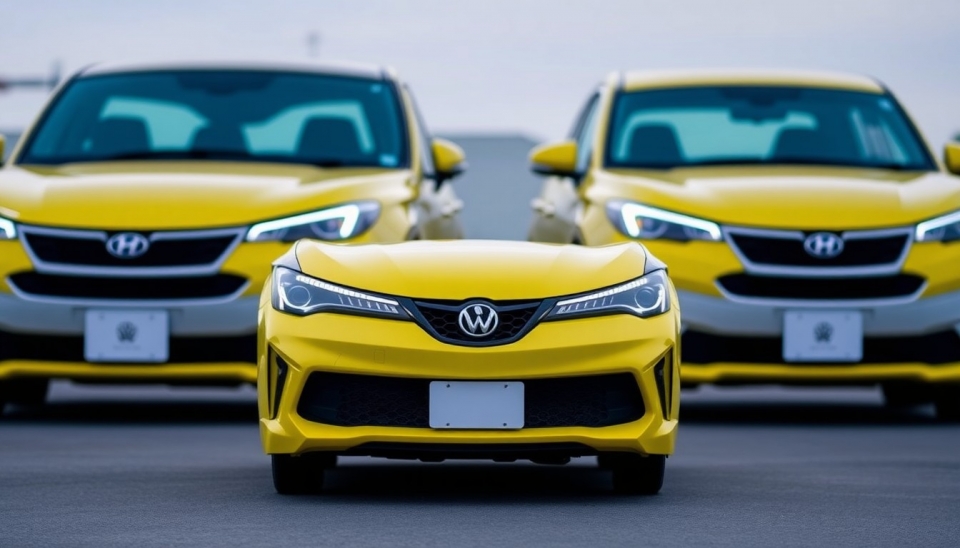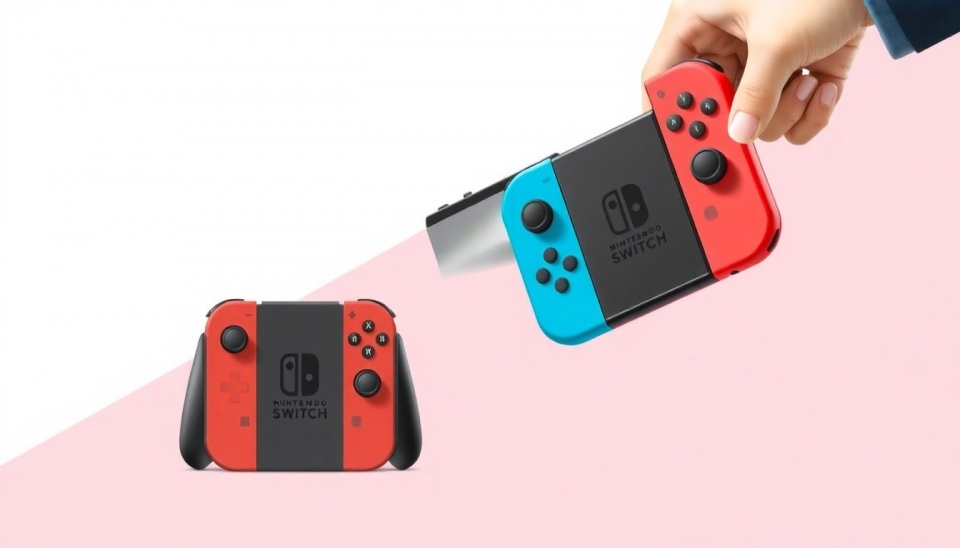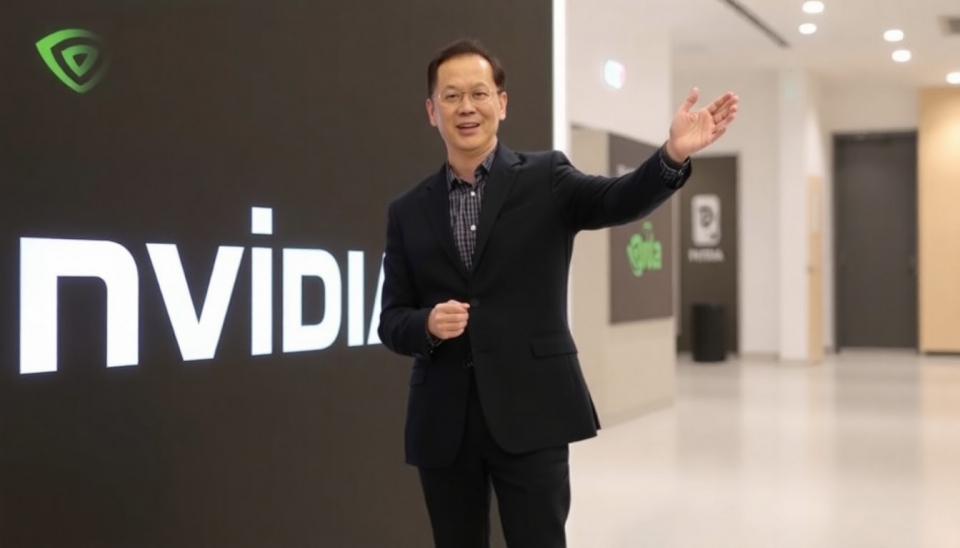
In a bold move reflecting the shifting dynamics of the global automotive industry, Japan's leading car manufacturers are pledging to strengthen their partnerships in order to reclaim market share that has been lost to their formidable competitor, China. This commitment comes at a crucial time when the automotive landscape is rapidly evolving due to technological advancements and changing consumer preferences.
Historically, Japan has been synonymous with automotive innovation and quality. However, in recent years, the rise of Chinese carmakers has posed a significant challenge to the Japanese auto industry's long-standing dominance. Brands like BYD and NIO have surged in popularity, capitalizing on advances in electric vehicle (EV) technology and aggressive global expansion strategies.
Recognizing this threat, giants such as Toyota, Honda, and Nissan have initiated discussions to enhance cooperation across various domains, including research and development, supply chain management, and technology sharing. The aim is not only to bolster their competitive edge but also to expedite the transition to electric and autonomous vehicles, areas where Japan had previously excelled.
The Japanese government is also playing a supportive role in this initiative, endorsing policies that encourage these collaborations. This includes incentivizing investments in battery production and providing subsidies to firms that aim to develop next-generation EV technologies. With a concerted effort from both the industry and government, Japan hopes to establish a cohesive strategy that will position its automakers favorably against Chinese rivals.
As part of this strategy, companies are also looking to expand their presence in burgeoning markets. Southeast Asia and Europe have emerged as crucial battlegrounds for electric vehicles, with consumers increasingly showing interest in sustainable and technologically advanced cars. By pooling resources and knowledge, Japanese carmakers believe they can forge stronger ties in these important regions, thus recapturing lost ground.
The collaboration is expected to extend beyond just the traditional automotive field. Innovations in software, AI, and sustainable manufacturing processes are areas that will benefit from collective expertise. This cross-pollination of ideas is essential as the industry transitions towards more technologically integrated vehicles that not only adhere to environmental standards but also cater to the evolving needs of consumers.
Industry analysts predict that these strategic alliances are critical for Japan as it navigates the challenges presented by not only Chinese manufacturers but also emerging competitors from Europe and the U.S. The need for agility, innovation, and market responsiveness is more pronounced than ever before, and Japan's commitment to close ties among its automakers reflects an understanding of this urgent necessity.
As the automotive sector continues to evolve, the efforts of Japan’s carmakers to unite under a common goal could very well determine their future in what promises to be a fiercely competitive global market. The next few years will be pivotal as these initiatives come to fruition and the outcomes begin to reshape the landscape of the automotive world.
#Japan #Automotive #ElectricVehicles #ChinaCompetition #Carmakers #Innovation #Partnerships #GlobalMarket
Author: Liam Carter




